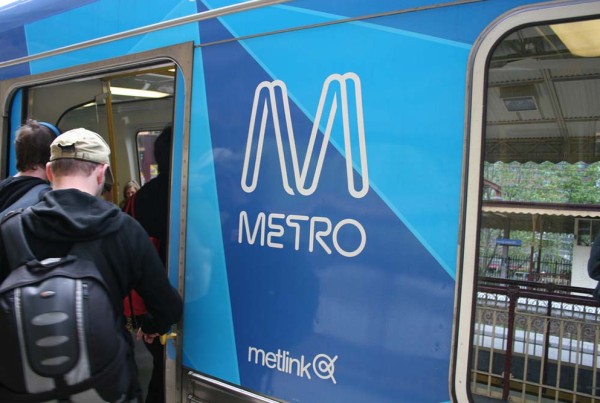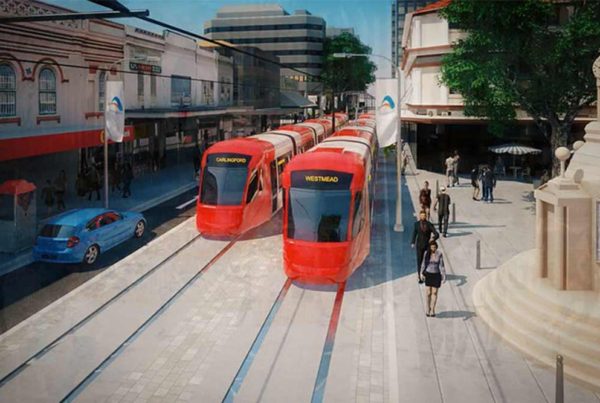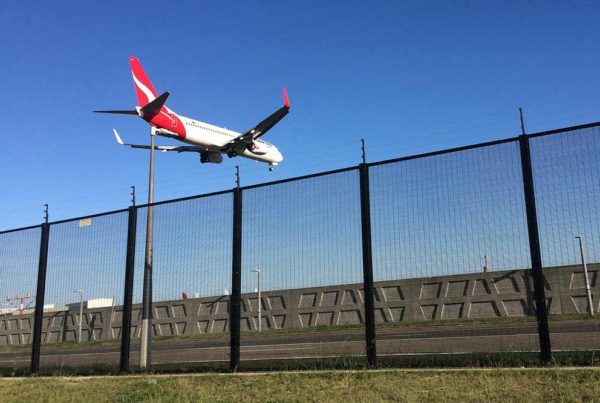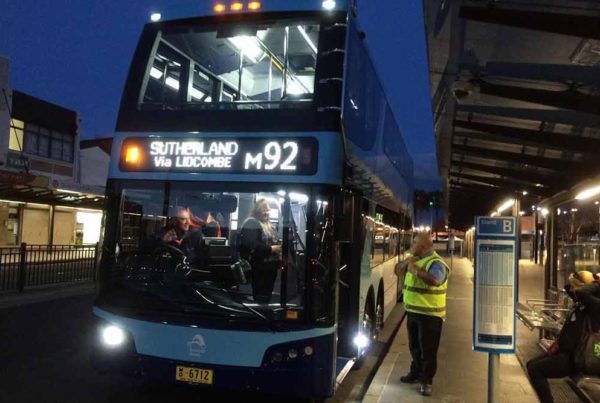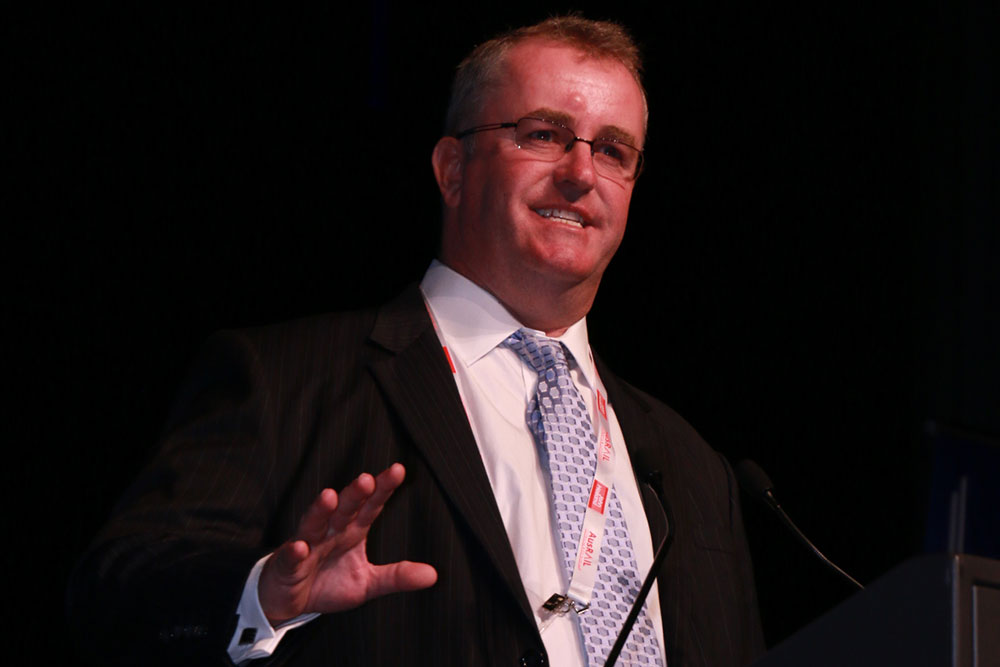
No more derailments or direct hits, is the call from Pacific National director David Irwin. Image: RailGallery.com.au
The head of one of Australia’s largest rail freight businesses Pacific National has made a call to action to the rail industry sector to make big changes in operations to ensure trains are prevented from derailing or colliding into one another.
That might sound dramatic, and maybe obvious, but it’s a fundamental risk that freight and passenger trains face daily because according to Pacific National director David Irwin, across the country, in different ways and different means, the only thing stopping trains from colliding are lights and driver behaviour.
Mr Irwin said at the AusRAIL PLUS 2015 conference in Melbourne on 26th November that what we need to create a system where Train-A cannot run into Train-B, where the Train-B is in front of it going in the same direction or coming the other way.
Putting this problem into a wider scope of the railway sector, Mr Irwin lamented that this risk factor creates many inefficiencies in the operations of rail, and essentially illustrated that the sector is frustratingly slow in meeting goals when implementing new features or technologies.
“Our rate of change for all the reasons we understand with separate regulations, separate states, all of those pieces is glacier,” Mr Irwin said.
Having made decisions ten years ago or more to go to a national radio system for freight trains, Mr Irwin said “we’re still implementing that”.
“We might be 70 per cent the way through that process, that’s just too long, if we get to the end of the ‘trains don’t collide/trains don’t derail’ scenario in 20 years time, it’s too late,” Mr Irwin said.
Since AusRAIL was a conference with an exhibition showcasing many of the latest technologies and gadgets that could significantly help the rail industry implement the safety features it requires to function properly into the future, Mr Irwin said “you’ve only got to wander through the exhibition to recognise that technology exists to be able to predictively and proactively recognise potential for train failure”.
“Whether that’s a locomotive, whether that’s an engine, whether that’s a wheel set, whether that’s a braking system, we have to get to a point where trains don’t derail, trains don’t fail,” Mr Irwin said.
He said if that means we have to rely on technology and we need to build some contingency into our process, contemplate a national rail system with good infrastructure where trains can’t collide and trains don’t derail.
“Even if we aren’t successful in some of the advocacy and some of the policy changes that we’re pushing for, we will still make a huge step forward into our ability to compete across modes,” Mr Irwin said.

